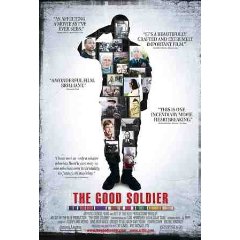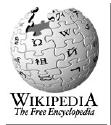
World – The Good Soldier – 50/79 min [15 December 2009]
Four veterans from different generations of wars show us what it really means to be ‘a good soldie
View Free Video Clip and More Detail
January 22, 2010
Michael Ulys and Lexy Lovell
I found this movie very compelling and am putting it into circulation as a shared good. It is built around four specific veterans (one each from WWII, Viet-Nam, and Gulf I) and does a superb job of weaving direct interviews, past photos of the three protagonists, and archival film clips.
The Marine from Gulf I is especially compelling as he tells of his deliberate refusal to accept a Conscientious Objective discharge after killing over 30 people in Iraq, and ultimately, with the aid of a high-powered lawyer, prevails in getting an Honorable Discharge.
The same Marine–and the others–discuss how one must train normal people to kill, and there is no thought of how to untrain them (war dogs get reintegration training, humans do not).
The clear message, in these words: We are One, and War is no way to settle disagreements. That is of course both correct and naive–it discounts the fact that Empire is about money for a few, and the troops are merely cannon fodder. That's the first thing we have to change–take the money out of war and into peace.
In that light, I add General Smedley Butler's book, War is a Racket: The Antiwar Classic by America's Most Decorated Soldier and removing my earlier recommendations of DVDs in which war is glorified.
I add instead several references that probe who we are as a nation (America).
What Kind of Nation: Thomas Jefferson, John Marshall, and the Epic Struggle to Create a United States
The Thirteen American Arguments: Enduring Debates That Define and Inspire Our Country
A Foreign Policy of Freedom: Peace, Commerce, and Honest Friendship






